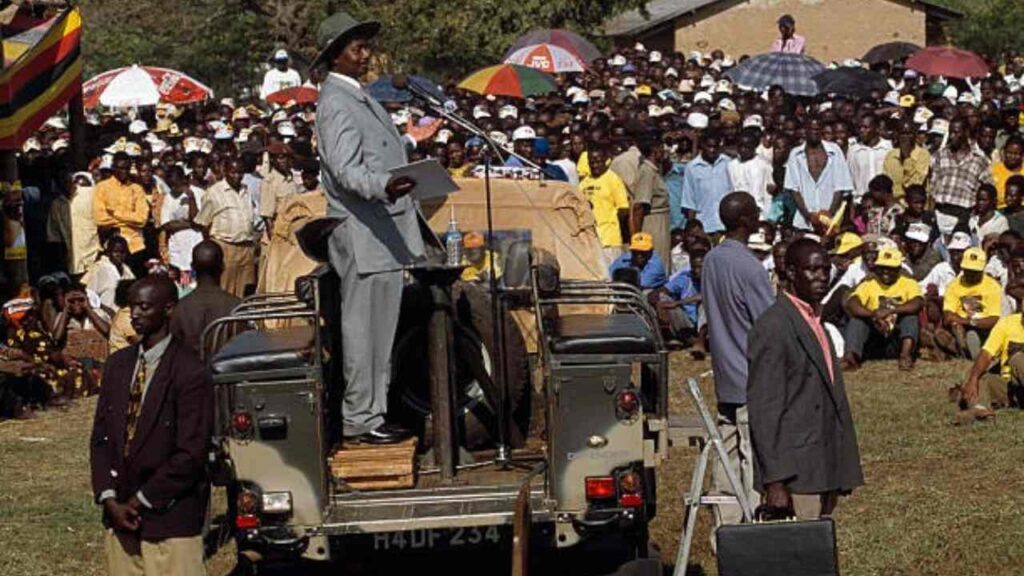The United States has finalized bilateral deportation agreements with Honduras and Uganda, expanding the Trump administration’s network of third-country deportation arrangements, according to documents obtained by CBS News, the BBC’s US partner.
Details of the Agreements
Under the Uganda accord, the East African nation has committed to accepting an undetermined number of African and Asian migrants who previously sought asylum at the US-Mexico border. The agreement stipulates that Uganda will only receive individuals without criminal backgrounds, though the total capacity remains unspecified.
Honduras has agreed to a two-year arrangement to receive several hundred deportees from Spanish-speaking nations, including families with children. The documentation suggests Honduras may consider expanding its acceptance beyond the initial commitment.

Broader Deportation Strategy
These deals represent part of President Trump’s comprehensive approach to secure deportation partnerships across multiple continents, fulfilling a central campaign promise to crack down on illegal immigration. The administration has successfully negotiated agreements with at least a dozen nations, including some with questionable human rights records.
Recent diplomatic efforts have yielded additional partnerships. Last week, the State Department announced a “safe third country” agreement with Paraguay to help “share the burden of managing illegal immigration.” Earlier this year, Panama and Costa Rica committed to accepting several hundred African and Asian migrants from the US.
African Nations Join the Network
The administration has particularly focused on courting African partners. Rwanda announced earlier this month it would accept up to 250 US migrants, with the caveat that the government retains “the ability to approve each individual proposed for resettlement,” according to a government spokesperson.
This arrangement has drawn scrutiny due to Rwanda’s human rights record and concerns that migrants could face secondary deportation to countries where they might encounter danger.
Ongoing Diplomatic Outreach
Government documents reveal the Trump administration has also approached Ecuador and Spain about potential deportation arrangements, demonstrating the scope of these diplomatic efforts.
Legal and Human Rights Concerns
The policy has faced significant opposition from human rights advocates, who argue that migrants risk being sent to countries where they could face harm. UN rights experts and advocacy groups contend that such removals to non-origin countries may violate international law.
The legal landscape shifted in June when the US Supreme Court cleared the path for Trump to resume third-country deportations without requiring migrants to demonstrate potential risks they might face. The 6-3 decision prompted strong dissent from Justices Sonia Sotomayor, Elena Kagan, and Ketanji Brown Jackson, who characterized the ruling as “a gross abuse.”
Immigration Enforcement Expansion
Since beginning his second term, Trump has launched extensive efforts to remove undocumented migrants, delivering on a key electoral promise that resonated with his base during the campaign. These deportation partnerships form a crucial component of the administration’s broader immigration enforcement strategy.
The agreements signal a significant shift in US immigration policy, as the administration works to distribute deportation responsibilities among willing international partners while facing ongoing legal and humanitarian challenges.






